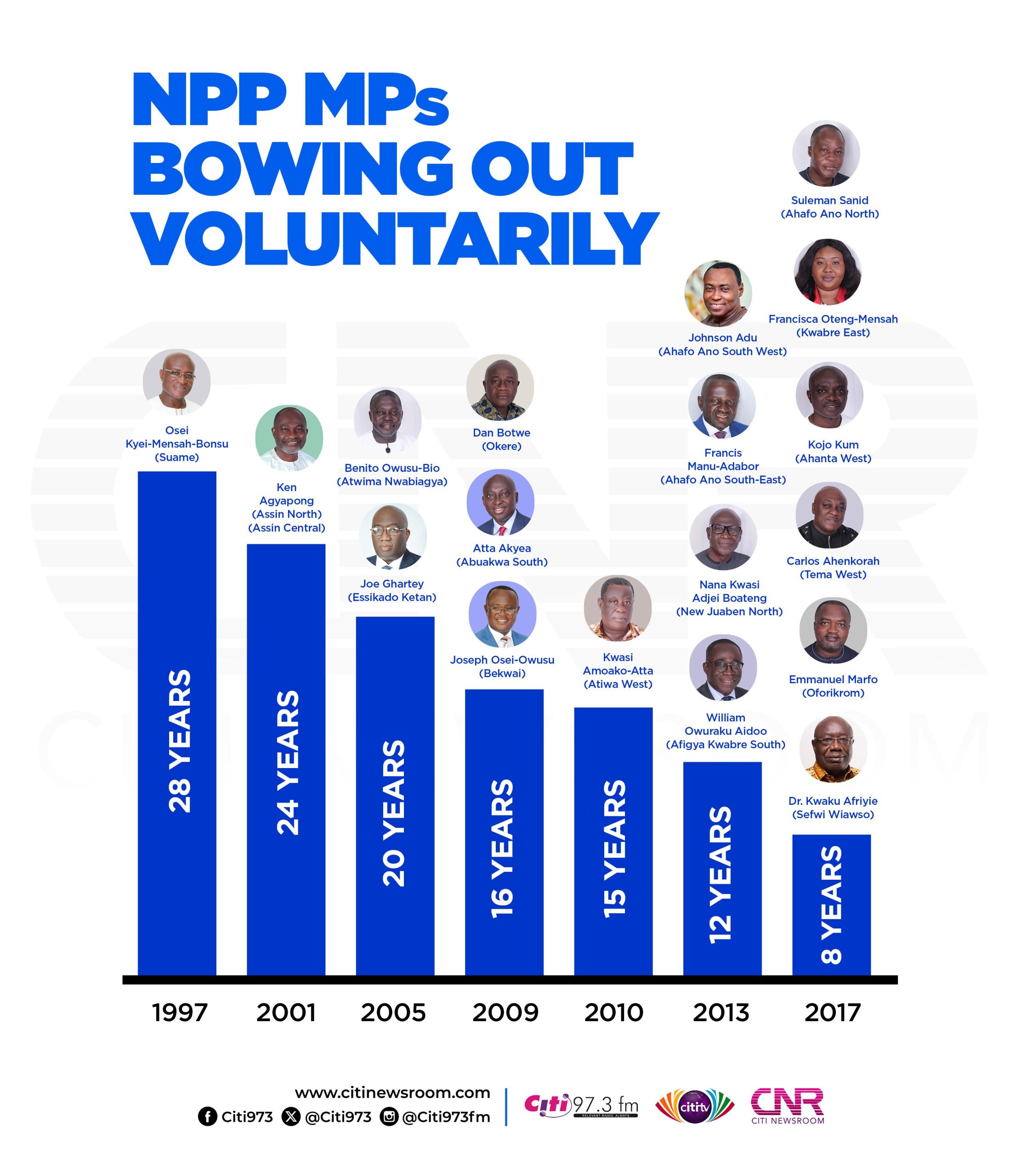
According to the study, people with sexual experiences at an early age are more likely to have better sexual functioning when they grow up.
A University of Toronto Mississauga study has shown that people with sexual experiences at an early age are more likely to have better sexual functioning when they grow up, and those who are late to these experiences are more likely to eventually face sexual difficulties.
According to the study, people with sexual experiences at an early age are more likely to have better sexual functioning when they grow up, and those who are late to these experiences are more likely to eventually face sexual difficulties.
Diana Peragine, a doctoral candidate in psychology at the University of Toronto along with her colleague researchers detailed their findings in the study “The Risks and Benefits of Being ‘Early to Bed’: Toward a Broader Understanding of Age at Sexual Debut and Sexual Health in Adulthood” in the Journal of Sexual Medicine.
As many as 3,139 adults participated in this study and the researchers questioned about when they had their first sexual intercourse, sexual contact, sexual stimulation or orgasm. They were also asked if they had any sexual difficulties with orgasm, desire, arousal and sexual satisfaction in the last 4 weeks.
“Those with an earlier sexual debut had fewer sexual difficulties in many of these domains, and therefore healthier sexual function(ing),” Peragine said.
There can be various markers for it being “early” like before marriage or before adolescence but for this study the average age for sexual intercourse among the study’s participants was 17.
Adolescents are repeatedly told that they should abstain from any kind of sexual activity and that this is not the “right time” but this is the time when their hormones force them to explore this side of human nature. Instead of forbidding them from this, they should be taught how to embrace this in a safe and healthy way.
“Abstinence-only education stresses that no sexuality is healthy sexuality for adolescents. Our findings not only contradict this view but (indicates) that efforts to delay sexual activity may carry a risk themselves.
Peragine added that abstinence-only education might even be detrimental to young people’s sexual health in the long run – at least with respect to the functional and healthy sex.
Read Full Story


















Facebook
Twitter
Pinterest
Instagram
Google+
YouTube
LinkedIn
RSS